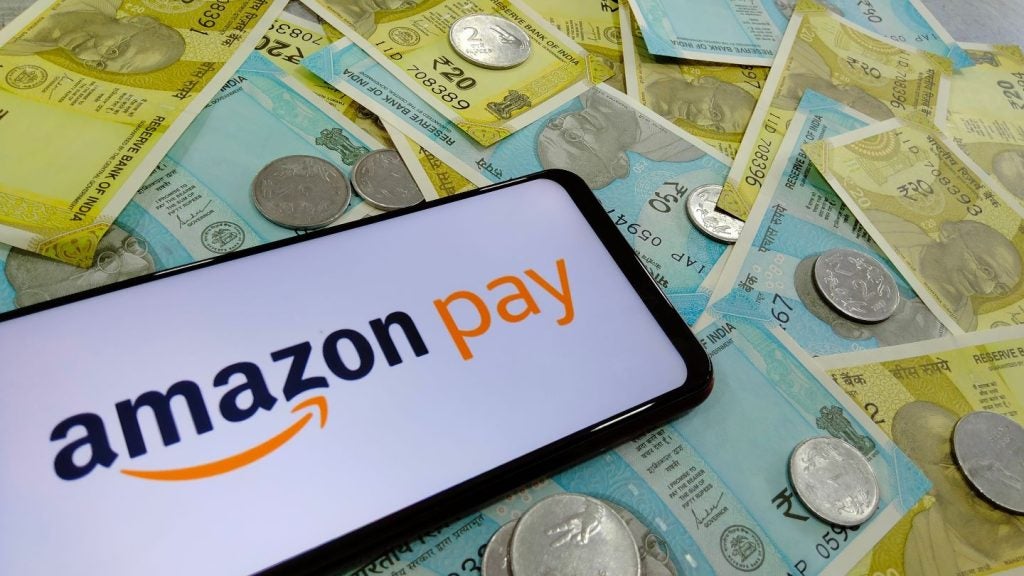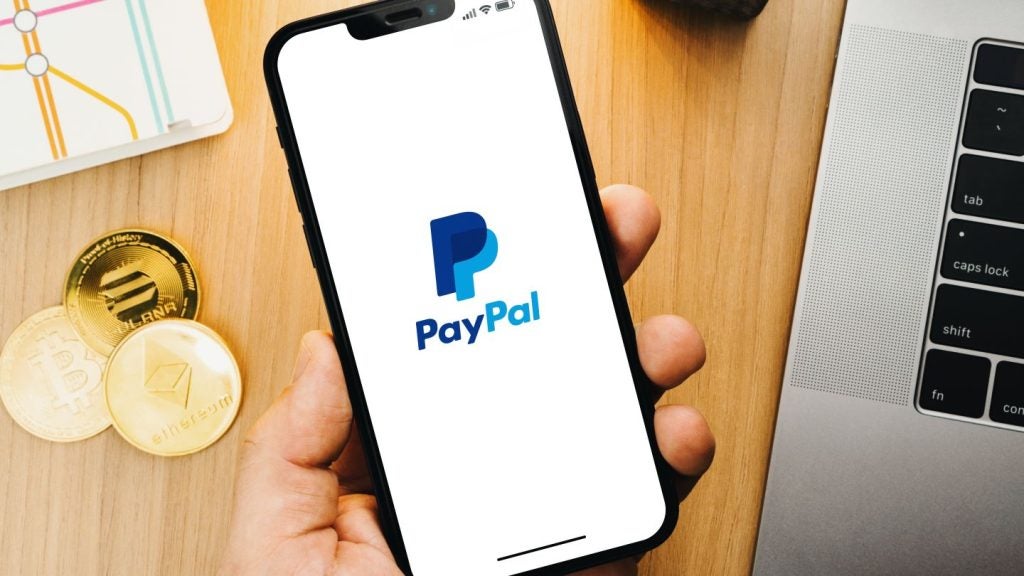such as sales may be the right decision or the wrong one, depending
on circumstances, argues Charles Dalton* in the
new outsourcing manual in VRL KnowledgeBank’s Credit Card Toolkit
series.
Organisations choose to outsource for a number of reasons,
including perceived cost savings; lack of infrastructure, including
equipment and application capabilities; lack of particular
expertise or resources; or simply overall business policy. The
decision factors involved in the ‘make or buy’ choice are more
complex than simply cost or expertise, however. Loss of, or failure
to acquire, core competencies within the organisation is a key
strategic consideration. So too is the potential loss of
value-adding activities offered by functions such as customer
services. Customer attitudes to ‘being outsourced’ are also
important, and may translate to a competitive disadvantage. In that
context, the pros and cons of outsourcing a business-critical
function such as sales need to be carefully considered.
Outsourcing can cover many aspects of the sales function,
including card sales, merchant sales and administration, ‘special’
selling such as corporate cards, and sales administration and
support.
Card sales
The use of outsourcing organisations in selling cards is
frequently considered the best approach in developing markets. The
face-to-face contact can serve to validate certain pieces of
information never available in a remote direct mail or
non-personalised contact methodology employed in more mature
markets.
Further, the card sales organisation can be paid for successful
applicants only, and the issuer avoids the effort of spending time
with applicants who will be declined or are non-responsive.

US Tariffs are shifting - will you react or anticipate?
Don’t let policy changes catch you off guard. Stay proactive with real-time data and expert analysis.
By GlobalDataThe management of the sales outsourcing business is fairly
straightforward, with reporting being produced as to the various
sources and success ratios of the sales effort. Many card-issuing
organisations are simply not interested in this as long as
successful applications reach targeted volumes.
However, there is one fairly significant factor that is
deficient in most outsourcing utilisations – the objective and
factual understanding of the reasons why the card is not accepted
by otherwise qualified potential cardholders.
Feedback from sales organisations is often anecdotal,
self-serving and not specific enough to be of use to the
card-issuing business. Solid feedback concerning deficiencies in
either the sales approach or the attributes of the card that affect
acceptance is vital. Outsourced direct sales organisations must be
challenged to obtain information concerning the reasons for
non-positive response.
Merchant sales
The practice of merchant sales also lends itself to the
straightforward outsourcing approach, as standard merchant sales
can be regarded more as order-taking than aggressive selling.
Typically, over 80 percent of merchant sign-ups are actually simply
business name changes from a previously signed merchant. The
strongest conduit of truly ‘new’ businesses comes from a parent
banking organisation when establishing a new or expanded commercial
relationship.
As in card sales, there should be clear and accurate feedback
from all merchant sales efforts. Left on their own, sales staff
(whether internal or outsourced) will say that lack of success is
because the “commission is too high”. There is often too little
feedback on any efforts or possible responses to bargaining with
the merchant and utilising other factors in the relationship to
potentially strengthen the sale, for example, joint advertising and
other promotional activities, commission vacations or plateau
commission rates.
Some specialty individuals and organisations are becoming
available in some markets to offer an expertise in specific
business or card customer segments as well as merchant sales. Some
of these organisations are doing the entire process on the merchant
side, from selling the merchant to establishing the appropriate POS
devices, network sign-ups and training.
Merchant network administration
Network administration is essentially the control of access to
the network, which is utilised for authorisation of a card and
charge posting from the merchant to an issuing bank
(authorisations), and to the acquiring bank of the merchant
(charges) resulting in charge approval or decline, charge capture,
bank to bank internet settlement totals, foreign and domestic
charge settlement, and so on.
However, the complexity and needed expertise of organisations to
be in this business as primary capture points and primary service
providers to merchants has required the banking and cards
industries to focus millions of dollars and large segments of their
business on a series of technology applications, which become even
more complex as time goes on. This is at a time when the basic
revenue stream is being challenged.
All this makes outsourcing appear more attractive as a process
alternative. The single factor creating a hurdle is the commercial
relationship of the bank and the potential of such a relationship
for businesses using the card as an entrée. That is, many banks are
in the acquiring business through their credit card organisation as
an adjunct to a commercial relationship with customers. They feel
also that they could obtain additional customers if they could
begin the relationship through card acquisition.
Throwing away the relationship
If the third-party outsourcing potential is a bank, then handing
over those acquiring relationships is an open door to losing the
banking relationship. However, if the market has an outsourcing
organisation that is not a financial institution but a processor,
the outsourcing is more attractive.
This includes corporate cards, associations, merchant chains,
and ‘big’ merchants. Corporate cards refer to large business
organisations typically requiring a specialised accounting
capability, multiple roll-up levels (for example, individual,
department, division, organisation, corporate multi-organisation)
and other specialised needs. The international card systems have
these special corporate accounting programmes available.
Typically, a cards business would have to control the sales
effort and the ongoing management of such efforts. If outsourced,
there might be a loss of control and dilution of effectiveness.
Further, these larger corporate organisations want to hear directly
from their partner in the business and not some third party. Large
corporate sales are probably best left within the business and
administered directly by the business.
Associations are targets for cards that have affinity
memberships relating in a way that might be predictive of a
successful card relationship. The group may want a specific plastic
programme and a share in fees and other earnings. This type of sale
is also best controlled by the issuer to assure direct negotiations
on terms, no split of revenue with an outsourcing sales
organisation and assurance of continuity of the relationship.
Large merchant chains also typically require the specialised
internal sales expertise of the card organisation. Elements of the
specialisation might include chaining roll-up of multiple
locations, aggressive commission rates and specialised management
information systems.
Big merchants might be perceived as the top 20 or 50 in a
marketplace and typically include airlines, large multi-location
retailers, large multi-location hotels and car rental firms. The
organisations are extremely sensitive on commissions and hard
bargainers; they may also require the establishment of special
relationships on co-advertising and promotional campaigns, and they
have a tendency to try to negotiate away from charge-back
exposure.
Negotiating these relationships is not an outsourcing function
and it should be clear that this is the type of thing that would be
done by the card business directly. In fact, it is not unusual for
the head of the card business to sit down with the head of a large
merchant of this nature to finalise issues or overcome
obstacles.
Sales administration and support
Third-party outsourcing has to have minimal need for frequent
operational contact with the card organisation, otherwise the
economics simply don’t work out. If outsourcing is utilised, the
function should be self-supporting, up to and including a smooth
hand-over of the appropriate correctly captured source document for
card or merchant setups, a plan for smooth notification and action
on declines or feedback for data (who does it, how it is done),
management information system capture, billing and related
functions.
The key, therefore, is to develop the outsourcing competence to
such a degree that the outsourcing partner will be able to support
their own sales efforts after initial participation in training and
coaching by the card organisation.
Recommendations
One of the more difficult issues arising from outsourcing is the
transference of the administration of the sale to the
administration of the relationship. The following points may be
helpful:
a) For general customers
• Make the customer aware of the hand-over through inserts in
the original card package and early statements. Introduce the
service team;
• Look at the customer as someone who is willing to make the change
but needs firm direction as to how;
• Supply specific telephone numbers, even specific areas of the
business that are most appropriate for specific questions. Offer
frequently asked questions information to customers;
• Do not hesitate to specifically tell the customer that the sales
organisation has no data concerning the ongoing relationship.
b) For large organisations for card issuance and merchant
relationships
• Train the customer to utilise the appropriate service part of
the organisation specified for their needs;
• Establish an introduction of the service representatives or the
manager of the area with the corporate customers or the association
heads or the counterpart at the merchant organisation;
• Establish a clear elevation for issue response where both
organisations understand what alternatives they have to no
compliance on initial inquiry or requests;
• See to it that the sales organisation, if internal, is informed
and is able to monitor the relationship but not get involved.
* Charles Dalton is the author of the Outsourcing manual in the
Credit Card Toolkit series published by VRL KnowledgeBank. The
Outsourcing manual covers vendor selection and management,
technology, customer service, the credit cycle, operations, finance
and human resources, the request for proposal, marketing and sales.
For more information contact ashwin.rattan@vrlknowledgebank.com







